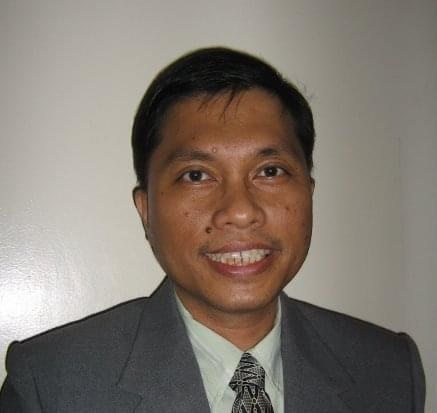OBLIQUE OBSERVATIONS
By Atty. Gilberto Lauengco, J.D.
No to quick fixes
Share
Incremental gradations -- a methodical and steady approach
This week, I had a fruitful conversation over lunch with my mentor. As always, I came home with several insights into what is happening around us. One of the things we discussed lengthily was our society’s seeming preoccupation with the magic bullet. Clearly, many of us spend endless hours trying to find that one formula or shortcut that can solve our problems. As such, we see several of our countrymen fall repeatedly for get-rich-quick schemes and so-called “operators” who promise backdoors to everything from elections to projects.
We seem to have an aversion to the long incremental approach. In basketball, for instance, the best collegiate teams are those that have prepared long and hard. These teams do not rely solely on star players or individual skills but on systems developed over a length of time. There are still people, however, who do not appreciate this and insist on old ways of pick up and razzle-dazzle. In elections, I have had several people ask me how to win and my standard answer of long preparation and analysis always elicits a frown. There is a common belief that resources and talent alone can produce quick and positive results. This is the same attitude that some of our countrymen have toward our nation’s present problems.
In today’s cacophony of opinions, we see several “experts” screaming for this solution or that solution to be implemented immediately. Calls for additional funding for these projects will, of course, follow. With this pressure, some government officials are tempted to do cosmetic, nice looking, and highly popular solutions. Sadly, some of these solutions may have potential but they need proper systematic implementation. Let us take the case of our problems with agriculture. With production, harvest, and post-production issues hounding our food sufficiency there have been many demands for various “Gordian Knot Cutting” solutions. Unfortunately, it is becoming apparent that there are probably no quick fixes for our problems in this area. There may now be a need for key officials to take the less popular incremental change approach.
The incremental change approach attempts to solve problems in incremental systematic actions that provoke changes over time. This approach allows the official to adapt existing personnel and systems and improve the same without that much resistance and opposition. This can allow for the entry of new ideas and technology to penetrate the bureaucracy.
Recently, I met the director of the Department of Agriculture’s Regional Field Office 3. His position of managing the policies for one of Luzon’s main sources of grains and vegetables is an unenviable and stressful one. Fortunately, he epitomizes a true practitioner of the incremental approach which has served him in good stead. He has served in agencies in both the local and national government. He has experience in the private agricultural industry. He attended several pieces of training both here and abroad. He has crafted his career to arm himself with relevant knowledge.
He has used this knowledge to effect incremental change in the bureaucracy wherever he goes. He has pioneered several low-key projects and system correction in the implementation of several projects. He has trained and convinced younger officials to follow him. When Super Typhoon Karding came, his preventive measures such as changing the irrigation planting and crop calendar allowed him to harvest earlier and avoid typhoon damage. He has ensured that despite damages, Region 3 will still meet and more.
As private citizens, we must encourage more career officials to take this approach and convince their heads to listen. We must recognize and support these officials who toil quietly and effectively using incremental gradations.
This is my oblique observation.
Editor’s note: The opinions expressed in the foregoing article are solely the author’s and do not reflect the opinions and beliefs of the Philippine News Agency (PNA) or any other office under the Office of the Press Secretary.
Comments
About the Columnist

ATTY. GILBERTO LAUENGCO, J.D. is a lawyer, educator, political strategist, government consultant, Lego enthusiast, and the director of CAER Think Tank. He is a Former Vice Chairman of MECO, Special Assistant of NFA and City Administrator among others. His broad experience has molded his unique approach to issues analysis which he calls the oblique observation.
